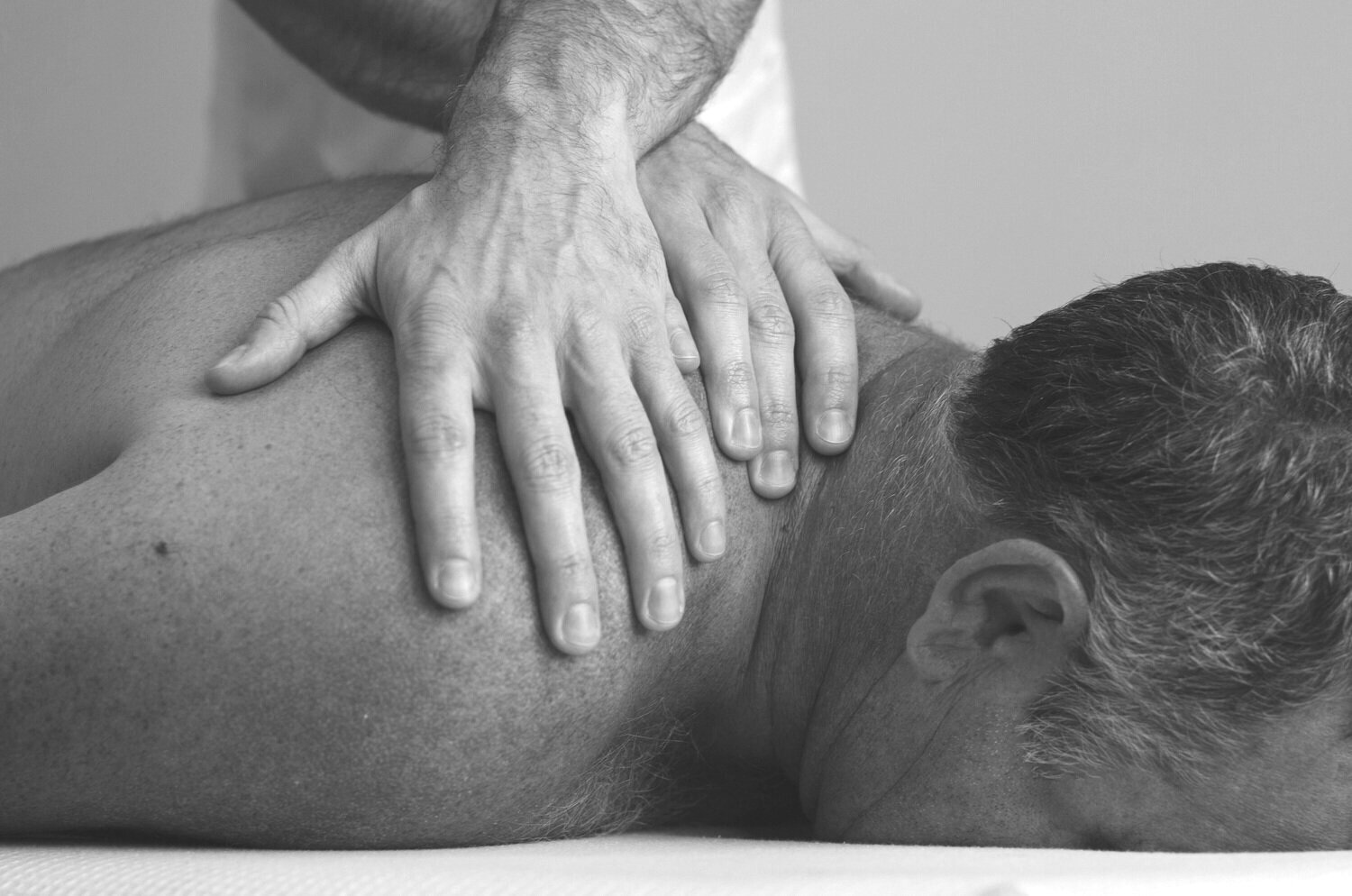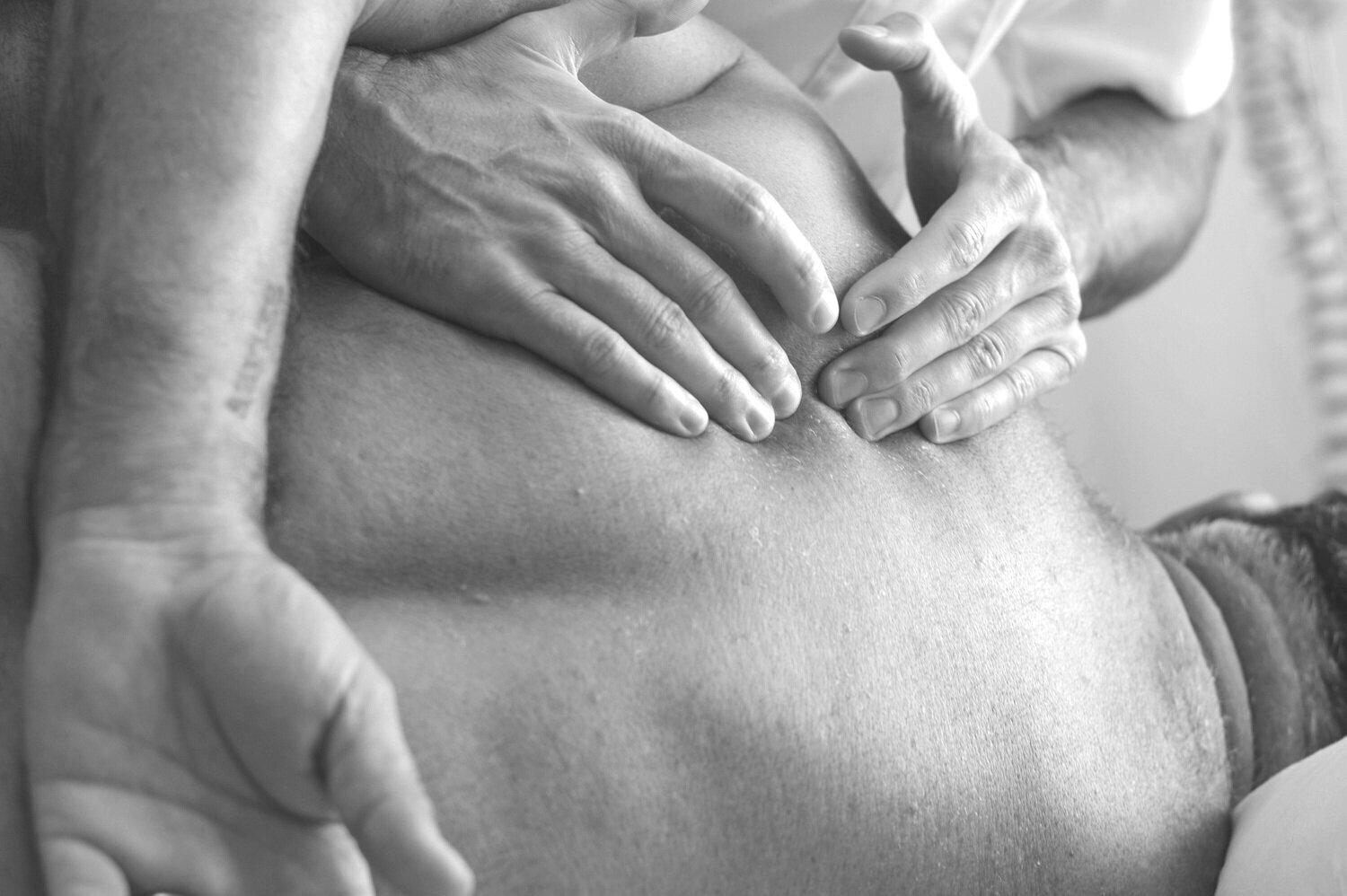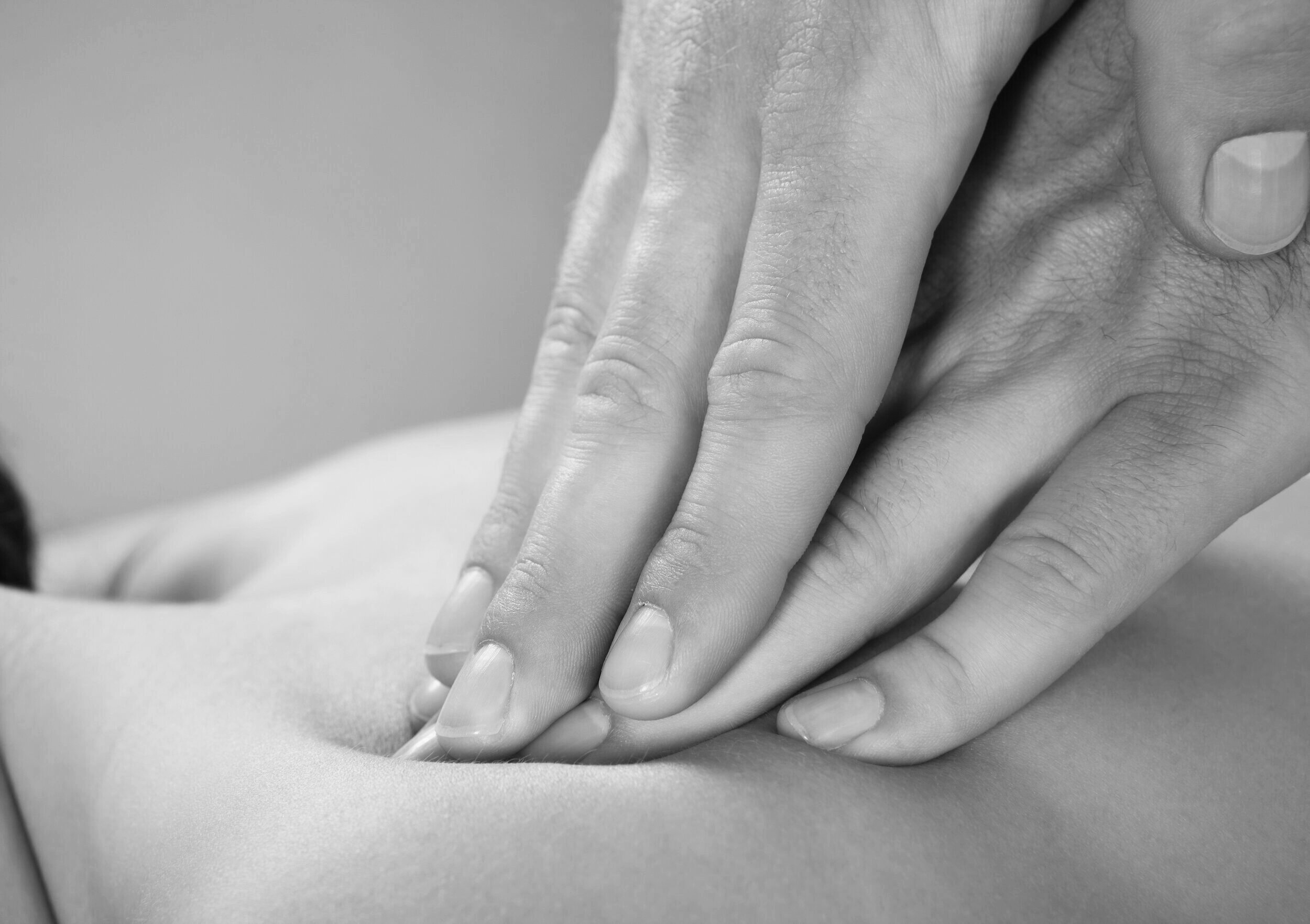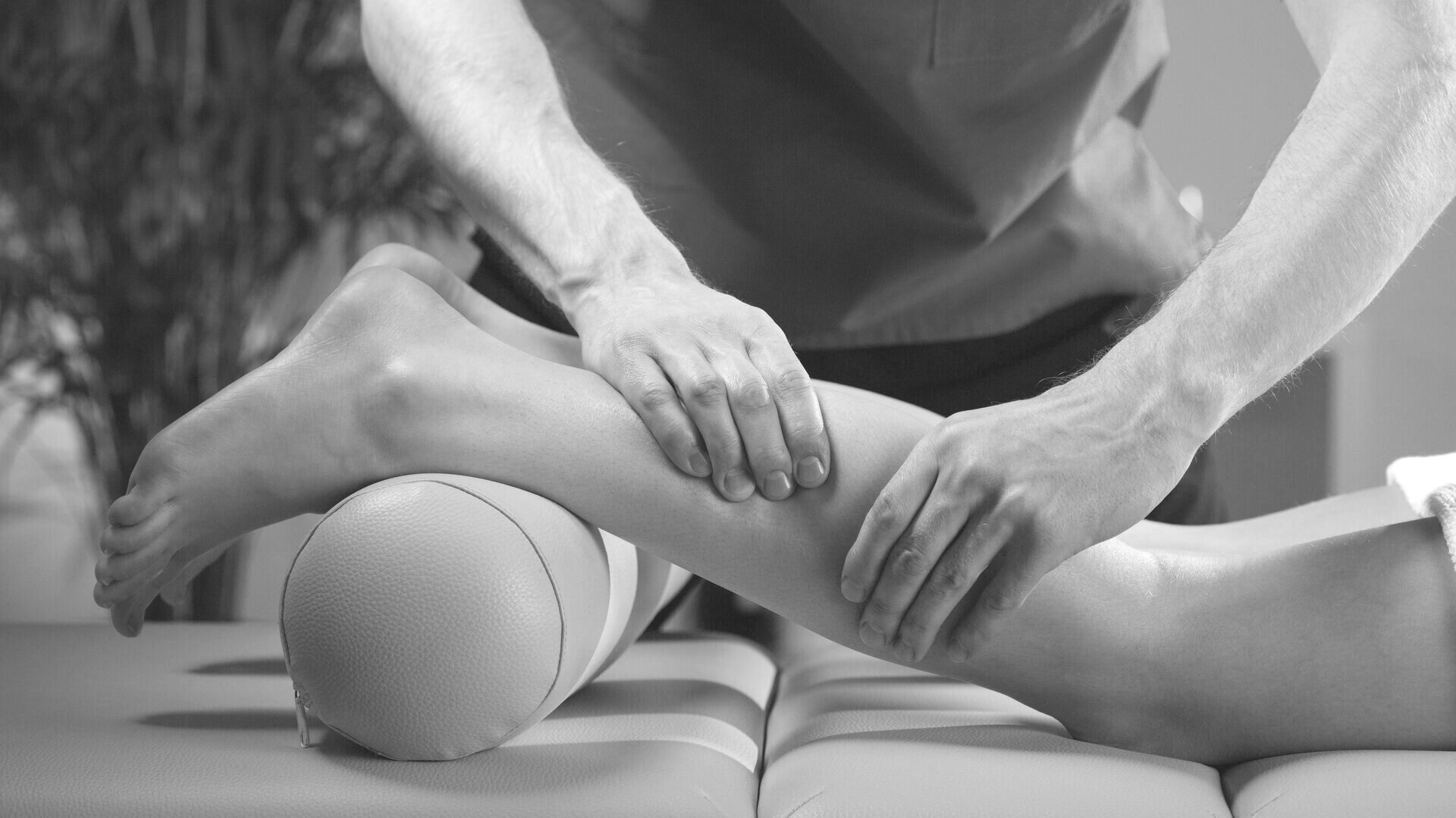What Is Massage Therapy?
"The term 'massage therapy' covers a wide umbrella of techniques, but each method boils down to a simple definition: manipulation of soft body tissues to improve health and overall well-being. While massage enthusiasts have experienced the therapy's effects since the times of ancient Rome, modern scientific studies shed light on exactly how massage therapy works. Massage therapy typically falls into the categories of relaxation massage and rehabilitative massage, but both types rely on chemical reactions in the body to achieve their results.
Relaxation Massage
According to a 2011 study in the 'Journal of Alternative and Complementary Medicine', in deep-tissue massage, a common type of relaxation massage, the manipulation of muscle tissue causes an immediate reduction by about 18 percent of the hormone arginine vasopressin, a hormone that restricts blood vessels and raises blood pressure. This reduction initiates what is known as the 'relaxation response', a mechanical response that encourages circulation, enhances the delivery of oxygen and lowers blood pressure. Additionally, massage initiates a reduction of the stress hormone cortisol, thus creating feelings of relaxation. According to the National Centre for Complementary and Alternative Medicine, massage induces sleep, eases the symptoms of anxiety and depression, and helps people cope with the symptoms of various conditions.
Rehabilitative Massage And Muscles
While relaxation massage focuses on stress reduction, rehabilitative massage aims to reduce pain and promote healing in the muscles. Previous beliefs claimed that the massage's application of pressure squeezed lactic acid from muscles, resulting in pain relief, but this is not exactly how it works. In 2012, a study conducted by neurometabolic researcher Mark Tarnopolsky found that 30 percent more of the PGC-1 alpha gene was found in muscles that had been massaged directly following exercise. This gene encourages mitochondria production, and mitochondria in turn help the body process food into energy. Similarly, massage led to a 2/3 reduction in the normal amount of the protein complex NFkB, an agent responsible for painful inflammation." (Livestrong.com 2014).
If you are unsure whether massage therapy is the right treatment for your specific complaint, feel free to contact me here for free advice.





